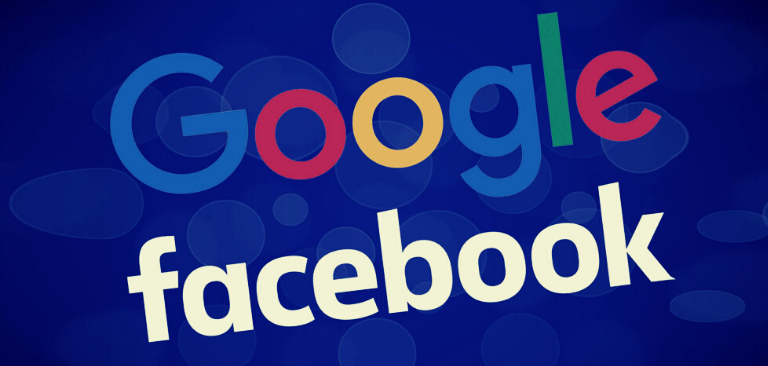There is no worse – or really, when all’s said and done – better kept secret in the tech world, and the business world at large, given these tech companies’ massive presence and weight – than the Google/Facebook ad tech market “duopoly.”
By any other name, it’s a monopoly shared by two like-minded, or like-cornered entities, that is harming ordinary users and any hint of competition, on an hourly and daily basis. As of early 2021, the projected reach of the overall ad revenue was over $80 billion a year – as divided between the two companies. At your expense. And – with Google as the clear leader.
But a number of US states – led by Texas – are trying to break that duopoly up through an antitrust lawsuit.
What the duopoly means is that millions of people in the US, and billions around the world who use apps and services of these two tech behemoths (whether it be Google Search, YouTube, Facebook proper, or Instagram… Android, WhatsApp…) end up streamlining their personal data with each tap and click, into building the trillion-dollar empires that arise for these supposedly “social” – really, advertising companies – in convergence with their third-party advertising partners.
This ad-market duopoly is by no means a simple or a straight-forward story – and now, the New York Times, for reasons of its own – is reporting that Facebook was apparently not happy with the way this ad dollar spoil is divided between the two – but also, that other players ended up much less fortunate. Literally.
The gist of the report deals with Google being the alpha dog, who – surprising to nobody – cut Facebook a preferential deal.
But then over 20 other, smaller, “partners in the alliance” found themselves essentially left high and dry by Google – and that failed-promise preference for Google would be the essence of the current, Texas-led antitrust suit.
True – executives of these companies – according to NYT – all spoke on condition of anonymity. And what other condition could they speak on – considering they are merely the “pawns” in a giant industry.
In a healthy economy, these smaller companies might have been the very engines of it, promoting a confident voice of their own.
Clearly, though, not here.













